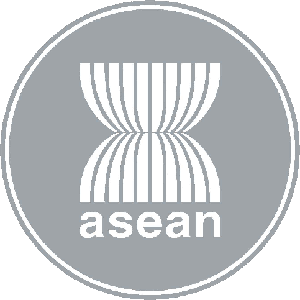
Assist. Prof. Dr. Anothai Nitibhon
Princess Galyani Vadhana Institute of Music
SEA Heritage and Evolving Identities, Advocacy


Assoc. Prof. Dr.Mayco A. Santaella
Music Program, Sunway University
SEA Heritage and Evolving Identities


Prof. Dr. P'ng Tean Hwa
Institute of Music, UCSI University
SEA Heritage and Evolving Identities

Dr. Timothy O'Dwyer
School of Contemporary Music, LASALLE College of the Arts, University of the Arts Singapore
SEA Heritage and Evolving Identities

Assoc. Prof. Dr. Earl Clarence L. Jimenez
School of Music, Philippine Women's University
SEA Heritage and Evolving Identities

Indrawan Tjhin
Conservatory of Music, Universitas Pelita Harapan
SEA Heritage and Evolving Identities



